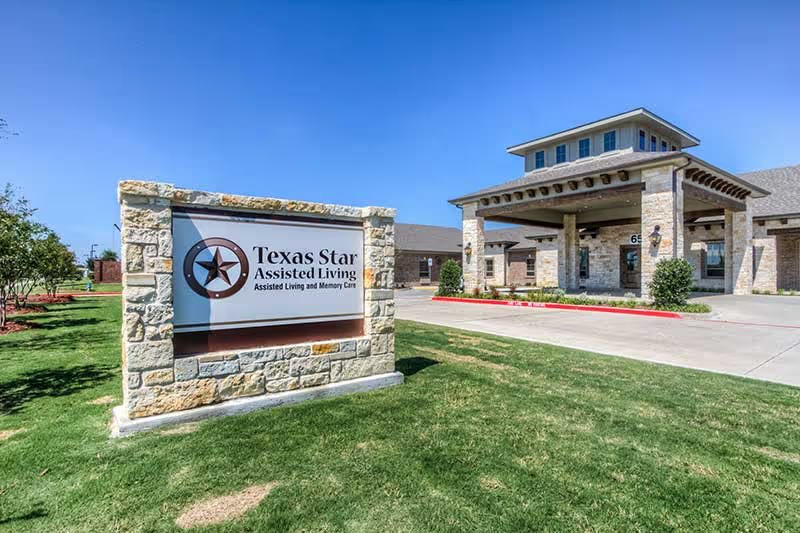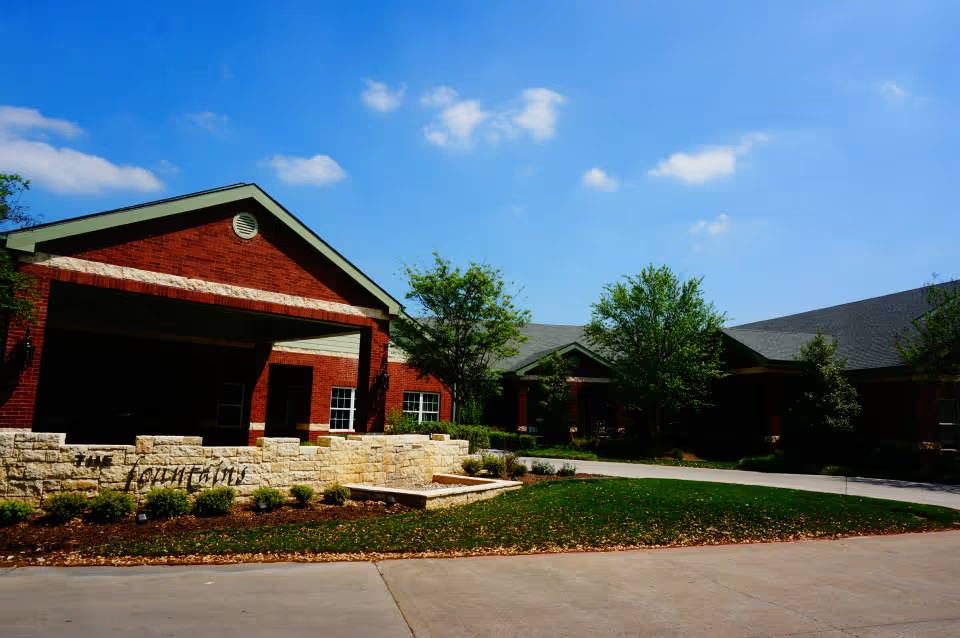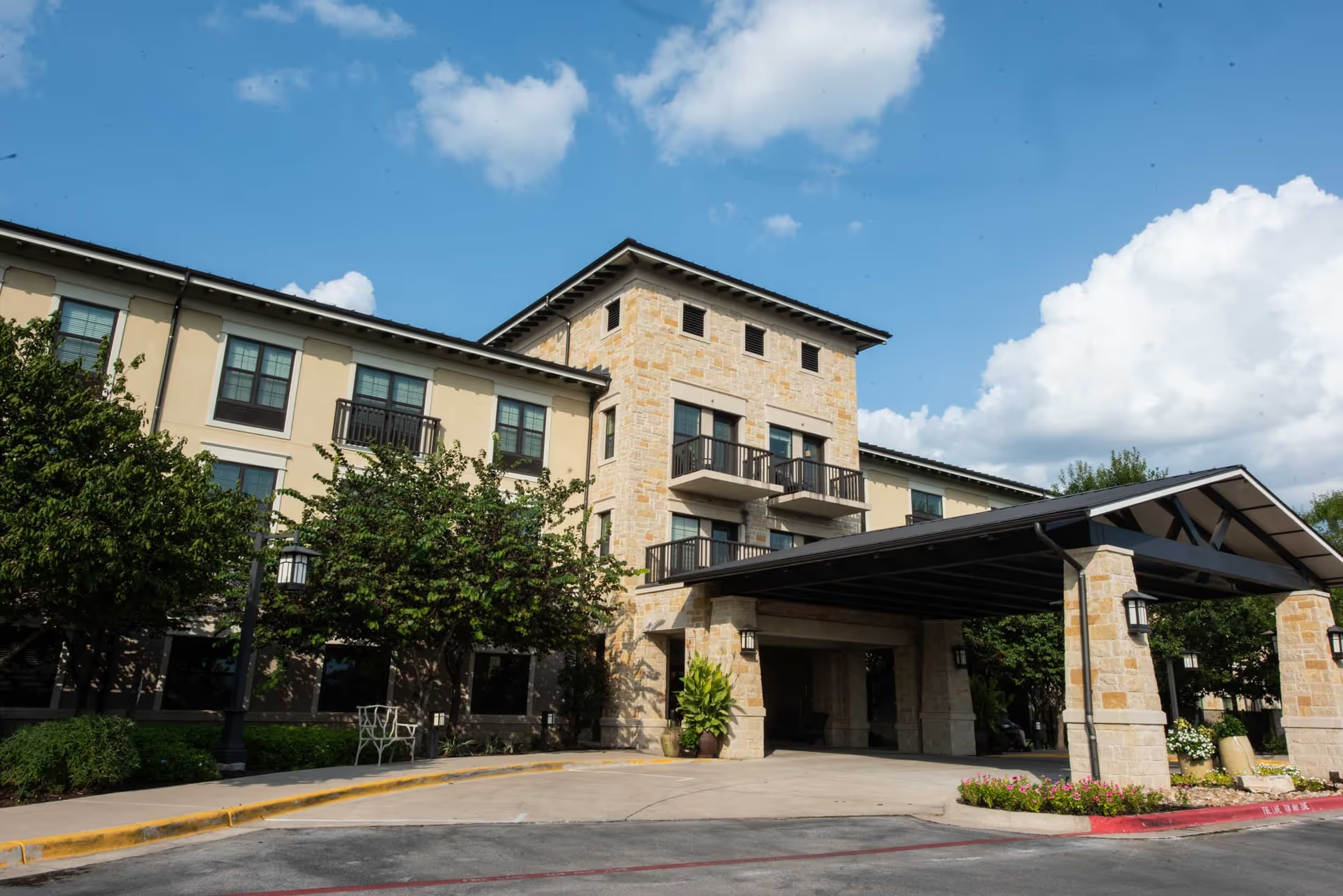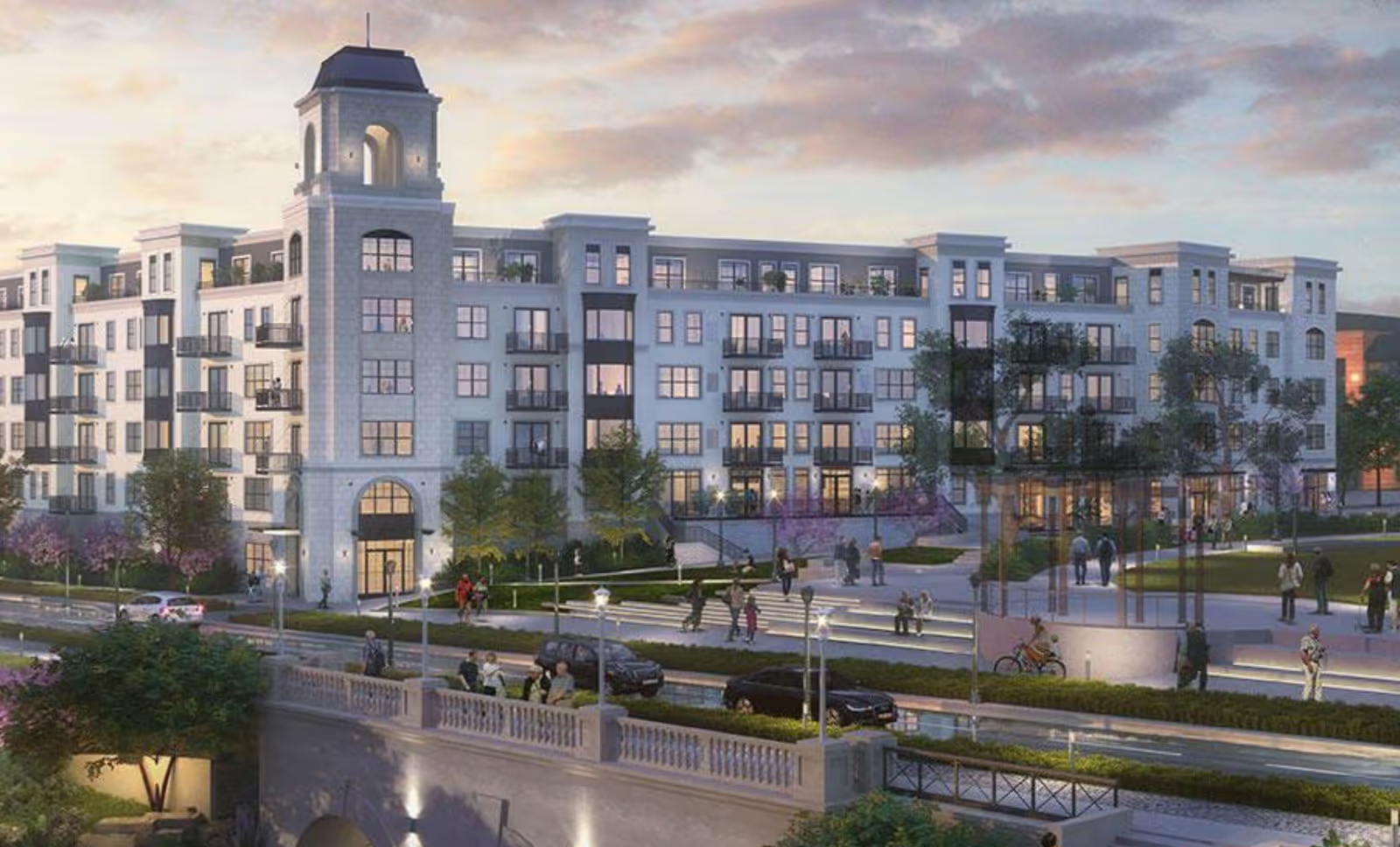Overall sentiment in the reviews is mixed but highly polarized: many reviewers praise Prestonwood Rehabilitation & Nursing Center for its modern, upscale environment and strong rehabilitation services, while a significant subset report serious concerns about skilled nursing care, management responsiveness, and resident safety. The dominant positive theme is the facility’s rehab focus — physical, occupational, and speech therapy receive frequent, specific praise for helping residents regain strength and independence. Multiple families described therapists and rehab nursing staff as encouraging, professional, and effective, and some reviewers explicitly stated they would choose the facility again for its rehab outcomes. The facility’s appearance, cleanliness, private rooms, and friendly frontline staff are repeatedly noted as strengths, as are individual staff members who received personal recognition for kindness and attentiveness.
However, an equally strong set of negative themes emerges and should not be overlooked. Several reviews describe a clear discrepancy between the high-quality rehabilitation services and the standard of skilled nursing care: while therapy teams are lauded, routine nursing and aide support is often reported as inconsistent or inadequate. Understaffing is a recurring practical problem leading to delayed responses to call buzzers, missed restroom assistance, slow medication or aspirin delivery, and general care delays. In the most severe reports, reviewers allege neglectful care — residents left in urine or feces, denied bathroom help, and treated disrespectfully by some staff. These serious allegations are coupled with reports of staff gossiping about residents and families and instances where staff reacted poorly when families requested privacy measures such as cameras.
Dining and housekeeping show mixed reviews: some family members praised the variety and quality of meals, and others reported poor dining experiences — long service delays (30–40 minutes in some cases), cold food, wrong orders, and even hair in meals. Laundry issues and lost clothes are also reported repeatedly. While many reviewers describe the facility as clean and modern, a number of accounts describe rooms not being cleaned properly in certain units, suggesting inconsistent standards across the building. Activities programming is present and advertised with multiple options, and some residents enjoyed the calendar; but several reviewers felt activities were inadequate or that residents were not being taken outdoors.
Management, administration, and safety concerns formed another major cluster of complaints. Multiple reviewers said administrators were difficult to reach, slow to respond, or unhelpful, and some families reported poor communication and unclear care guidance (including hospice situations). Financial and billing problems are also prominent in the feedback: allegations of misleading statements about Medicaid, upfront payment requirements, and refusal to issue refunds. Serious allegations of theft (including a reported stolen wallet by a director-level employee) and breaches of privacy and confidentiality (including distress over surveillance and rude handling of camera requests) raise safety and trust issues. A small number of reviewers also described retaliation or fear of retaliation after raising concerns.
Patterns worth highlighting: (1) A geographic/operational split — several reviewers implied a front or rehab-focused area had better staffing and care than the back or long-term skilled nursing units, suggesting uneven allocation of resources or staff skill levels. (2) Time- or event-linked decline — at least one reviewer described a noticeable drop in the quality of interactions after March 2020, implying possible pandemic-related staffing/operational impacts. (3) Reliability versus excellence — while rehab services tend to deliver measurable, positive outcomes, routine day-to-day care, housekeeping, dining, and administrative interactions are where most complaints cluster.
In summary, Prestonwood appears to excel as a rehabilitation destination with a modern facility, strong therapy teams, and many compassionate frontline staff members who produce good recovery outcomes. At the same time, families and residents should be cautious about variable skilled nursing care, potential understaffing, dining and laundry inconsistencies, administrative responsiveness, and reported safety/privacy incidents. Prospective residents should ask specific questions about staffing ratios and unit assignments (to confirm which wing or unit their loved one would be in), verify financial and Medicaid procedures in writing, check how the facility handles complaints and security/theft prevention, and, if possible, tour both the rehab and long-term care areas to assess consistency of care.







